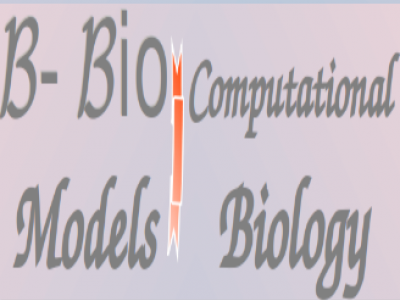Artificial Intelligence

- Categories:
 873 Views
873 Views
This paper produces a data set containing 1127 images, using VOC12 format, the size of the image is 3840*2160, and the corresponding relation of file names
- Categories:
 513 Views
513 Views
....
- Categories:
 Views
Views
....
- Categories:
 510 Views
510 ViewsThis open access webpage has all miscellaneous data and design related to ß-machines- Non-Medical, ß-Biomedical machines, processed ECG, sensors, heart and breathing patterns, sounds, finite element analysis, mathematics and BioEngineering.
As all only want free download and I used to get emails to share data freely ; with IEEE DataPort I had began journey of Data, so I will do update data as long as IEEE DataPort allows it or as long as I can or . I might also upload same data externally to other site.
- Categories:
 2469 Views
2469 ViewsSemantic segmentation is the topic of interest among deep learning researchers in the recent era. It has many applications in different domains including, food recognition. In the case of food recognition, it removes the non-food background from the food portion. There is no large public food dataset available to train semantic segmentation models. We prepared a dataset named ’SEG-FOOD’[44] containing images of FOOD101, PFID, and Pakistani Food dataset and open-sourced the annotated dataset for future research. We annotated the images using JS Segment annotator.
- Categories:
 2136 Views
2136 Views
Falls are a major health problem with one in three people over the age of 65 falling each year, oftentimes causing hip fractures, disability, reduced mobility, hospitalization and death. A major limitation in fall detection algorithm development is an absence of real-world falls data. Fall detection algorithms are typically trained on simulated fall data that contain a well-balanced number of examples of falls and activities of daily living. However, real-world falls occur infrequently, making them difficult to capture and causing severe data imbalance.
- Categories:
 1082 Views
1082 ViewsThis dataset is in support of my following Research papers
Preprint (Make sure you have read Caution) :
- Novel ß Transtibial Prosthetic 9-DoF Artificial Leg Adaptive Controller - Part I*
- Categories:
 2105 Views
2105 ViewsThis is an open-access page. All content can be freely downloaded after sign-up. This webpage has datasets of 'Computational Biology' and Novel ß-Bio models for Woman/Females with clinical investigation in simulation, proposed by me as Self-Claimed advancements .
I. Computational Biology Research Papers
These papers are like tutorial papers explored and based on known theory, and do not contain my 100% original work. To freely download, pls. click on title.
- Categories:
 1761 Views
1761 Views



